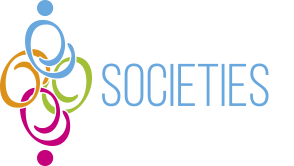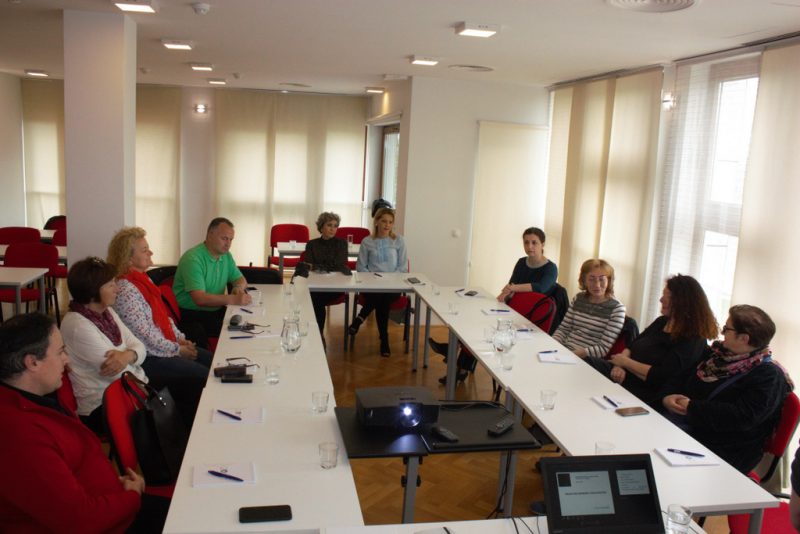As part of the SOCIETIES project, Caritas Bosnia and Herzegovina initiated the process of forming social inclusion working groups – WGSI. The aim of these working groups is to enhance the participation and role of civil society organizations in the decision-making process and to exchange the knowledge and experience of these associations and organizations with public institutions on the processes of social inclusion of people with disabilities and the corresponding policies. In this regard, Caritas Bosnia and Herzegovina held another WGSI meeting.
Meeting was held in Sarajevo on 24th of May 2019, and the topic was “Violence against persons with disabilities”. The meeting of the working group brought together representatives of 10 CSOs with the moderation of prof. Dr. Lejla Kafedžić from the Faculty of Philosophy of the University of Sarajevo.

During the meeting, the participants discussed violence against persons with disabilities who, due to the nature of their disability, are forced to rely on others and are therefore at greater risk of violence and exploitation. The participants concluded that, unfortunately, violence is being treated and registered in general, and therefore, data on the number of disabled people, victims of violence, are missing.
Participants in the open discussion discussed lack of system solutions and support services for people with disabilities, lack of monitoring and adaptation of existing solutions and services, declaratory measures, overlap of individual services and institutions, and insufficient number of specialists and people with quality education as service providers .

In the end of the meeting, the participants made a list of key recommendations and necessary measures to be implemented in order to bring Bosnia and Herzegovina closer to European Union standards, in order to improve the position of persons with disabilities in Bosnia and Herzegovina. The list of recommendations and the necessary measures includes the development of a systematic way of monitoring the violence against persons with disabilities, as well as a concrete study within which it is necessary to define and detail the way in which violence against persons with disability is preventable and sanctioned. In addition, non-governmental organizations may and should provide quality care and assistance to persons with disabilities, but the responsibility for preventing, sanctioning and resolving this issue is entirely within the competence of the state institutions.

In the forthcoming period, additional meetings of the working groups for social inclusion of people with disabilities at the level of Bosnia and Herzegovina were planned. All the collected proposals and recommendations will be unified and final results or recommendations for creating new ones and redefining the existing social policies and legal framework.
Project SOCIETIES aims to assist civil society organizations in upgrading technical skills, or to contribute to the social inclusion of people with disabilities through the implementation of EU standards in South East Europe. The project is being implemented in five countries of Southeast Europe: Albania, Bosnia and Herzegovina, Montenegro, Kosovo* and Serbia with the support of experts from Italy and Bulgaria. The implementation of the project involves 16 partner organizations, including Caritas of Bosnia and Herzegovina. The projected duration is 48 months, until the end of 2019. The project is funded by the EU funds under the program of support for regional and thematic networks of civil society organizations.

